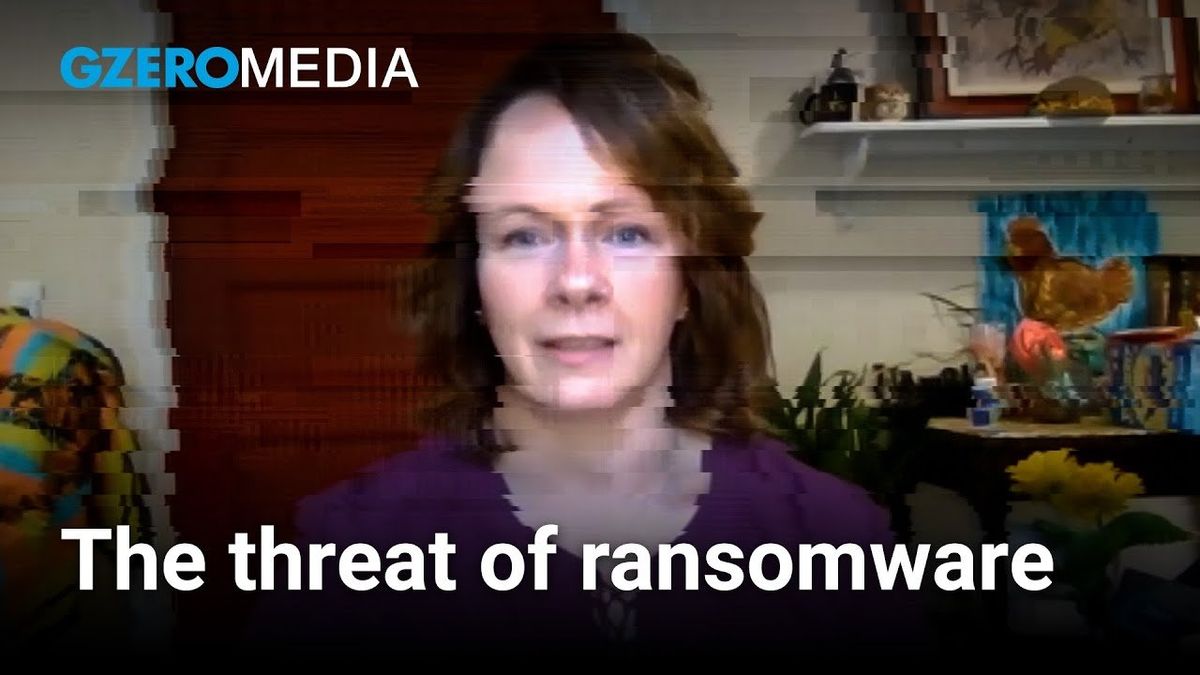Attacked by ransomware: The hospital network brought to a standstill by cybercriminals
In October 2022, the second-largest nonprofit healthcare system in the US, CommonSpirit Health, was hit with a crippling ransomware attack. Kelsay Irby works as an ER nurse at a CommonSpirit hospital in Washington. She arrived at work after the malware had spread through the hospital network to chaos: systems were down, computers were running slowly or not at all, labs weren’t returning results, and nurses were charting vitals on pen and paper. Even basic things like knowing what medications patients were on or why they came into the emergency room were a challenge, putting lives at risk. The hospital’s nurses and doctors scrambled to manage this crisis for over two weeks until CommonSpirit Health was able to restore access to the IT network
“It was just kind of this perfect storm of very sick patients, not enough help, everybody was super frustrated,” Irby says, “My biggest fear during the whole cyberattack was that a patient was going to suffer because we couldn’t access the technology.”
GZERO spoke with Irby about her experience during the ransomware attack, as well as cybersecurity expert Mora Durante Astrada from Zurich Insurance Group for the final episode of “Caught in the Digital Crosshairs: The Human Impact of Cyberattacks,” a new video series on cybersecurity produced by GZERO in partnership with Microsoft and the CyberPeace Institute. Astrada volunteers for the Institute and its CyberPeace Builders Program, which provides free cybersecurity assistance, threat detection, and analysis to NGOs and other critical sectors while advocating for safety and security in cyberspace.
- Podcast: Cyber Mercenaries and the digital “wild west" ›
- The threat of CEO fraud and one NGO's resilient response ›
- Hacked by Pegasus spyware: The human rights lawyer trying to free a princess ›
- Podcast: How cyber diplomacy is protecting the world from online threats - GZERO Media ›
- Podcast: Foreign Influence, Cyberspace, and Geopolitics - GZERO Media ›
- Podcast: Cyber mercenaries and the global surveillance-for-hire market - GZERO Media ›
- The devastating impact of cyberattacks and how to protect against them - GZERO Media ›
- How cyberattacks hurt people in war zones - GZERO Media ›
- How rogue states use cyberattacks to undermine stability - GZERO Media ›
- Why privacy is priceless - GZERO Media ›
- Would the proposed UN Cybercrime Treaty hurt more than it helps? - GZERO Media ›
- Why snooping in your private life is big business - GZERO Media ›

















